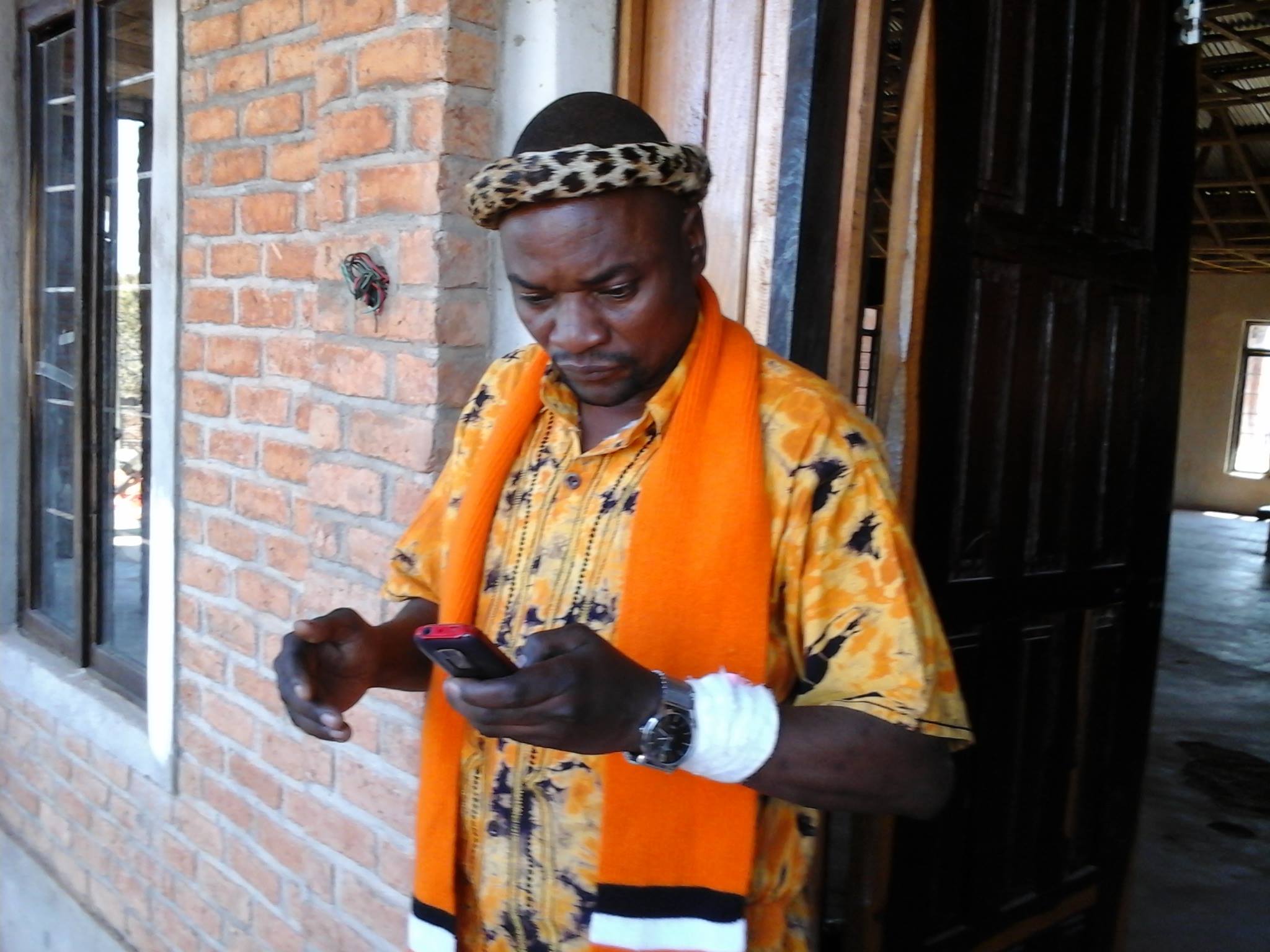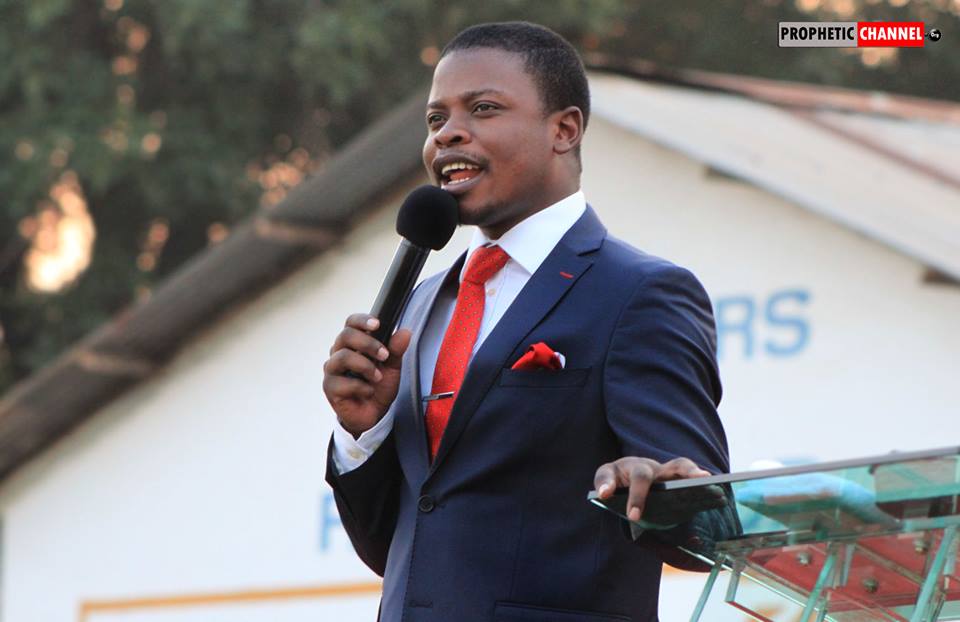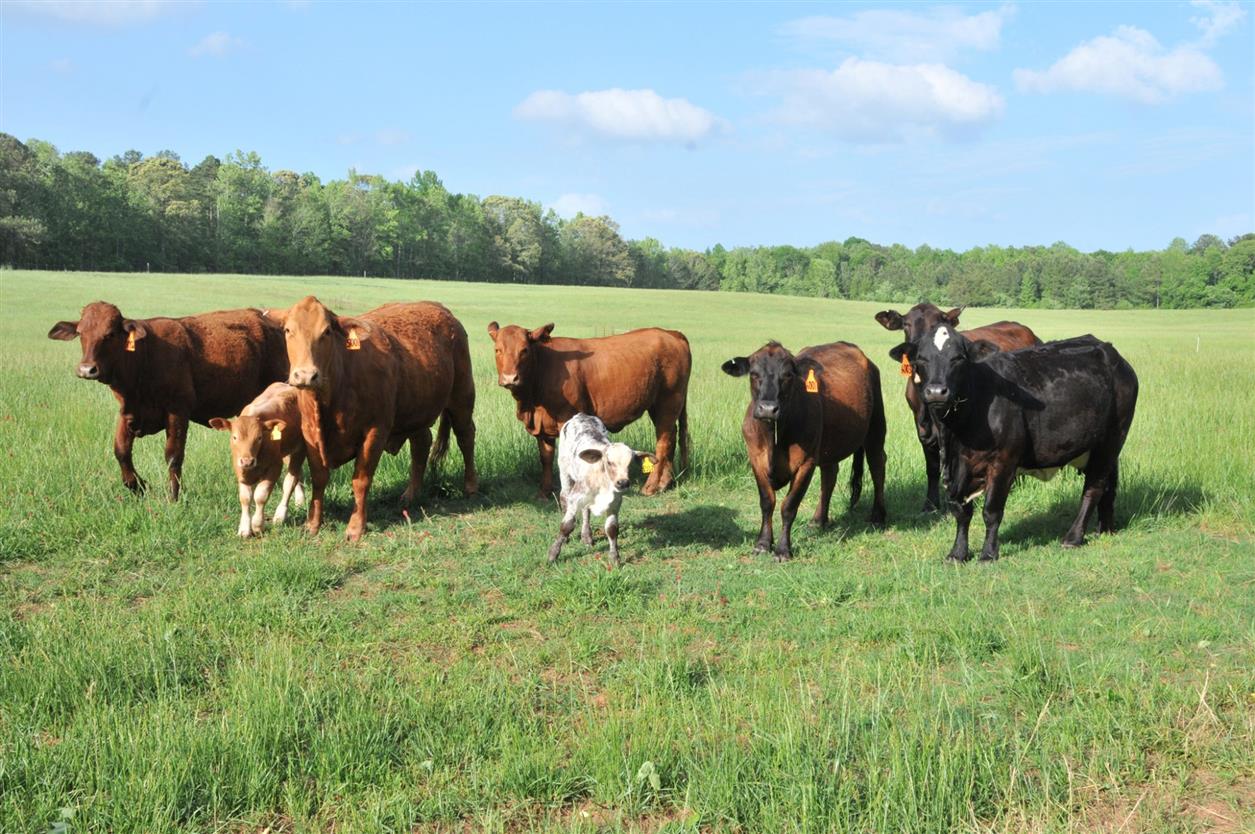The call has been made on president Peter Mutharika to first call on referendum vote for federation other than asking Malawians to vote on human rights issues such as homosexuality or abortion.
One of the activists pushing for federal system of government, Dr Binnah Shawa said ,by adopting federal system, they will end regionalism by most of the country’s Presidents who have been coming from the southern region
The advocates for the federal system also feel that federalism would bring development competition among the three regions, since the regions would be able to plan for the most needed developments in their areas unlike now when all the decisions are made by the central government.
President Mutharika mandated the Public Affairs Committee (PAC) to conduct a comprehensive assessment of the issue before a decision could be made.
The federal system activists raised issues surrounding segregation and discrimination, road infrastructure in the North, status of Mzuzu City, education, and appointments in government and recognition of heroes from the North.
They also complained about poor road network in the region saying despite campaign promises to upgrade some of them like the Edingeni-Euthini-Mpherembe- Nyika-Nthalire-Chitipa road, nothing has been done.
They also queried why Mzuzu City gets a little budget of around K1 billion when other cities get as high as K2.2 billion in the national budget.
Initially, the calls for government to adopt federalism started with few individuals from the country’s northern region in 2011, following a public outcry that the then president, late Bingu Wa Mutharika, brother to the current president, Peter, was oppressing the region in terms of development.
For instance, Mutharika imposed a quota system policy of selecting students to public colleges; rather, than on merit, after he noted that most learners from the north were dominating public universities through the Ministry of Education’s merit selection system.
Several quarters also accuse the incumbent President of supporting regionalism and nepotism by promoting people from his region and particularly his Lomwe tribe in public offices such as cabinet ministers, chief executives for parastatal institutions and other government departments.




